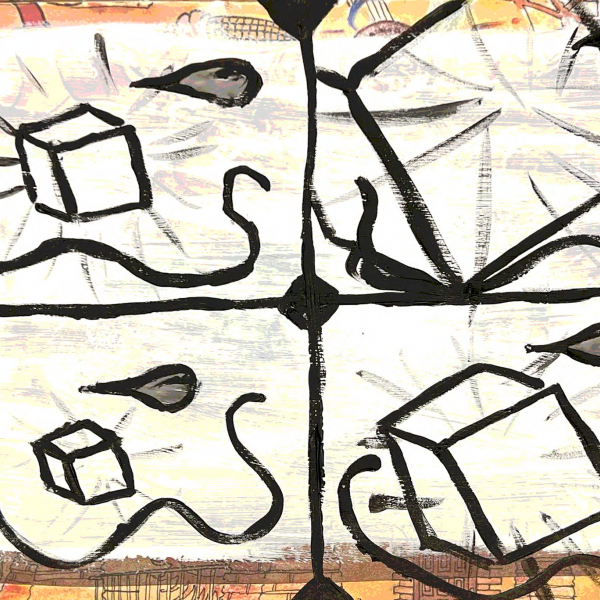By Gerald Early
Merle Kling Professor of Modern Letters
Director, African and African-American Studies
In 2018, Black Studies on majority white college campuses will be fifty years old, the first such program having begun, in great turbulence, at San Francisco State College (now University) in 1968. Fueled by African American student protests, students who clearly felt angry about, alienated from, and intimidated by the curriculum and academic environment they faced as lonely pioneers and guinea pigs at high-powered white schools, Black Studies was meant to provide intellectual comfort while challenging, nay, de-stabilizing white academic assumptions. Black Studies, always a heady brew of revolutionary idealism, was meant to liberate as well as validate black students. It was also meant to be a form of “exposure” or “awakening” for white students. The bold political aims of Black Studies, its devotion to unmasking the world of its Eurocentric illusions and revealing white humanities and social science as mere propaganda, as mere handmaids of white power, wound up being both Black Studies’ great strength and its signal weakness.
Militant politics for the American racial minority group was and is a great energizer but it can also distort one’s understanding of the world, deplete the mind and spirit of alternative worthy endeavors, make the sole purpose for existence a relentless defense of an ideology as a desperate form of survival, refighting the same war eternally while thinking the outcome never changes. The existentialist heroism that results from this form of politics is fundamentally absurd, which may be why this form of politics is so heroic, as well as overbearing and amazingly resistant to anything but its own mythology.
Also, the political force behind Black Studies has meant that the white university can treat Black Studies programs as a sop or a kind of patronage, thereby preventing the university from ever seeing Black Studies as anything other than the expression of a peculiar political desire of the minority psyche. In other words, Black Studies at the white university has wound up replicating, in some great measure, the African American’s position in society as a whole. Black Studies has institutionalized a version of the race drama for middle class, educated blacks: trying to overcome being marginal and, as historian John Hope Franklin so brilliantly pointed out in his 1963 essay, “The Dilemma of the American Negro Scholar,” the stigma of being an expert only about yourself because it has been generally thought that African Americans have more interesting things to say about themselves than they do about anything or anyone else. This may explain why there seems to be so much at stake with Black Studies programs despite the fact that relatively few students major in them. Less than one percent of African American students major in Black Studies.
Yet, on the whole, Black Studies has been a great academic achievement. Some Black Studies programs have enjoyed great success at many of the major universities around the country with many impressive scholars who have produced fine work across a variety of fields. Washington University is on the cusp of having such a program itself. The existence of Black Studies programs spread the gospel of race study to such a degree that several disciplines now understand its necessity, something which was not true when Black Studies began. Moreover, Black Studies has been a profoundly important experiment in joining the humanities and the social sciences in one academic house. The new emphasis on Africana or Diasporic Studies, that is, comparative and blended studies of African-descended peoples around the world, has made this marriage even more remarkably rich, despite its moments of disciplinary uneasiness. With so many young, bright scholars, fired by multiculturalism, gender studies, queer theory, leftist missionary zeal and the like, who study African-descended peoples, the future Black Studies or something like it is bright, robust, but complicated and jolting as its past has been.




